Sports drinks can give your body a boost, but it’s important not to overuse them
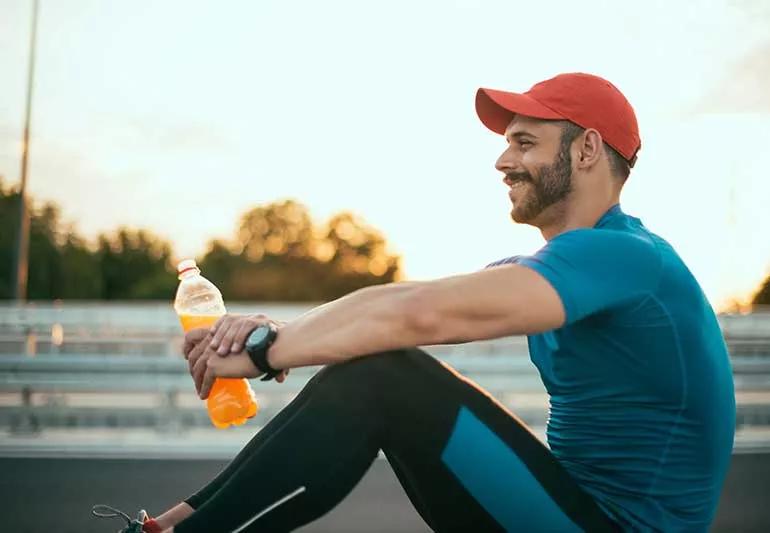
There’s no shortage of neon-colored sport and electrolyte drinks sitting on store shelves. Those bottles are filled with promises of improved physical performance, faster workout recovery and less fatigue.
Advertisement
Cleveland Clinic is a non-profit academic medical center. Advertising on our site helps support our mission. We do not endorse non-Cleveland Clinic products or services. Policy
But is guzzling down electrolyte-loaded drinks actually good for you? They can be if they’re consumed at the right time, says sports health dietitian Kate Patton, MEd, RD, CCSD, LD.
So, let’s break it down.
Electrolytes are essential minerals that help bring balance to your body. Your cells use electrolytes to conduct electrical charges that keep your internal systems running at peak efficiency.
These minerals play a role in maintaining your body’s fluid levels, turning nutrients into energy and supporting brain function, heart rhythm and muscle control.
So clearly, electrolytes are a BIG deal. Thankfully, your body can maintain its supply of electrolytes through what you eat and drink, says Patton. Three minerals that are key electrolytes are:
Even though you routinely replace spent electrolytes through your diet, it’s very easy to deplete your body’s inventory of these essential minerals and create an imbalance.
A tough workout, for instance, can drain your electrolytes sweaty drop by sweaty drop. An illness also can take electrolyte levels down a few notches, particularly if you’re experiencing a fever, diarrhea or vomiting.
Dehydration often goes hand in hand with the loss of electrolytes, particularly in the examples mentioned above. “Whether you’re sweating from exercise or sweating from a fever, you’re losing electrolytes and fluid — and over time it will cause dehydration,” says Patton.
Advertisement
That can lead to muscle cramps, headaches, brain fog and an overall lousy feeling.
Video content: This video is available to watch online.
View video online (https://cdnapisec.kaltura.com/p/2207941/sp/220794100/playManifest/entryId/1_v5p4oag2/flavorId/1_5f3sgelj/format/url/protocol/https/a.mp4)
Sports drinks are formulated to quickly replenish lost electrolytes and rebalance your system — particularly after a workout session.
Many sports drinks contain 250 milligrams or more of sodium, your body’s most abundant electrolyte. That hit of sodium is BIG. In fact, it’s more than 10% of what’s typically recommended for your daily sodium intake. (Learn more about sodium in sports drinks.)
Electrolytes such as potassium, magnesium and chloride also typically appear on sports drink nutrition labels and ingredient lists.
Not every workout needs to end with a raised sports drink, cautions Patton.
If you’re working out for an hour or less with moderate intensity under normal weather conditions, water is typically all you need to rehydrate. “H2O will get the job done in most cases,” she says.
But you might want to consider an electrolyte-enhanced sports drink after or during your workout if:
A sports drink also can be beneficial when you’re sick in order to keep hydration and electrolyte levels where they need to be. (Consider zero- or low-calorie options when you’re ill to minimize intake of sugar, which can work against your body’s natural infection-fighting process.)
It’s best not to make sports drinks a go-to option for children.
Kids participating in physical activity typically don’t need the extra boost offered by sports drinks, according to the American Academy of Pediatrics. Drinking water is often enough to address any potential dehydration.
(However, those rules can be bent if your child participates regularly in endurance or high-intensity sports. Set the bar high, though.)
In general, kids gulp down sports drinks too much. Research shows that many children often choose these colorful and highly marketed beverages for basic refreshment instead of nutrient replenishment purposes.
Drinking sugar-sweetened sports drinks as a simple beverage adds unnecessary calories to your daily diet and can contribute to obesity. (Many consider extra weight for the younger generation a public health crisis.)
If your child is sick, it’s best to opt for an oral rehydration solution (such as Pedialyte®) formulated for youngsters instead of a sports drink. They’re typically lower in sugar and higher in electrolytes.
Advertisement
Sports drinks serve a definite purpose. After a tough workout, sipping (or chugging) one down can help restore your body’s electrolyte levels and keep you from experiencing the effects of dehydration.
But remember that sports drinks are specialty drinks. It’s not something to grab when you’re just thirsty. (Besides, it’s also possible to overdo it and consume too many electrolytes — and that’s not a good thing.)
“During or after a long workout, a sports drink is a great choice to ensure proper hydration for maximum performance and recovery,” says Patton. “That’s where you’re going to see the benefits.”
Advertisement

Sign up for our Health Essentials emails for expert guidance on nutrition, fitness, sleep, skin care and more.
Learn more about our editorial process.
Advertisement

Options for sober social drinking are abundant, but be mindful about additives and triggers

Pickle juice has a reputation as a probiotic powerhouse, workout recovery aid, hangover cure and more

If you’re looking to boost your gut health, it’s better to get fiber from whole foods

While it isn’t bad for you, celery juice isn’t the detox phenom it’s claimed to be
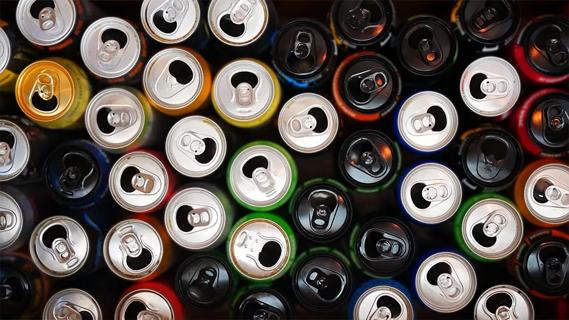
Regularly drinking these sugar-fueled, stimulant-laden beverages can increase your risk of adverse health effects
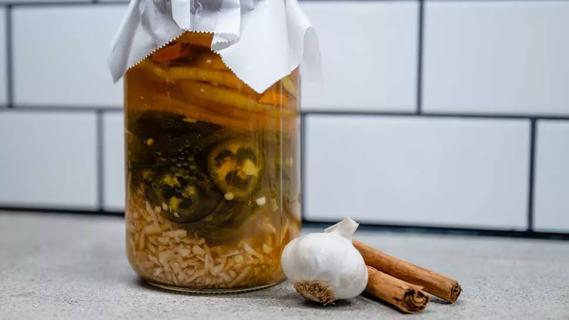
This spicy concoction can do more harm than good, upsetting your stomach and causing painful acid reflux
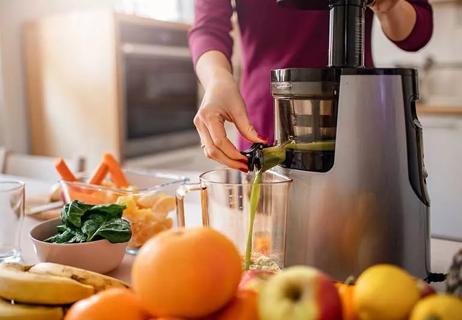
Juicing removes beneficial fiber from fruits and veggies and raises your blood sugar
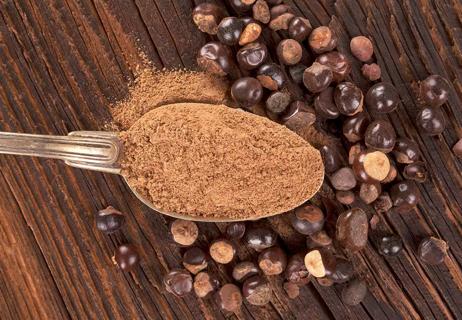
Guarana seeds may have benefits, but the potential is lost in processing

Even small moments of time outdoors can help reduce stress, boost mood and restore a sense of calm

A correct prescription helps your eyes see clearly — but as natural changes occur, you may need stronger or different eyeglasses

Both are medical emergencies, but they are very distinct events with different causes